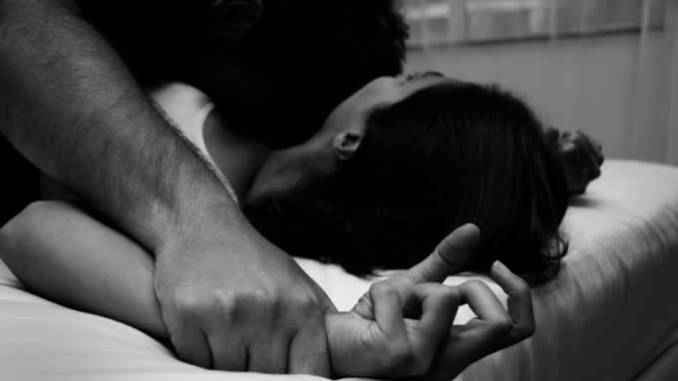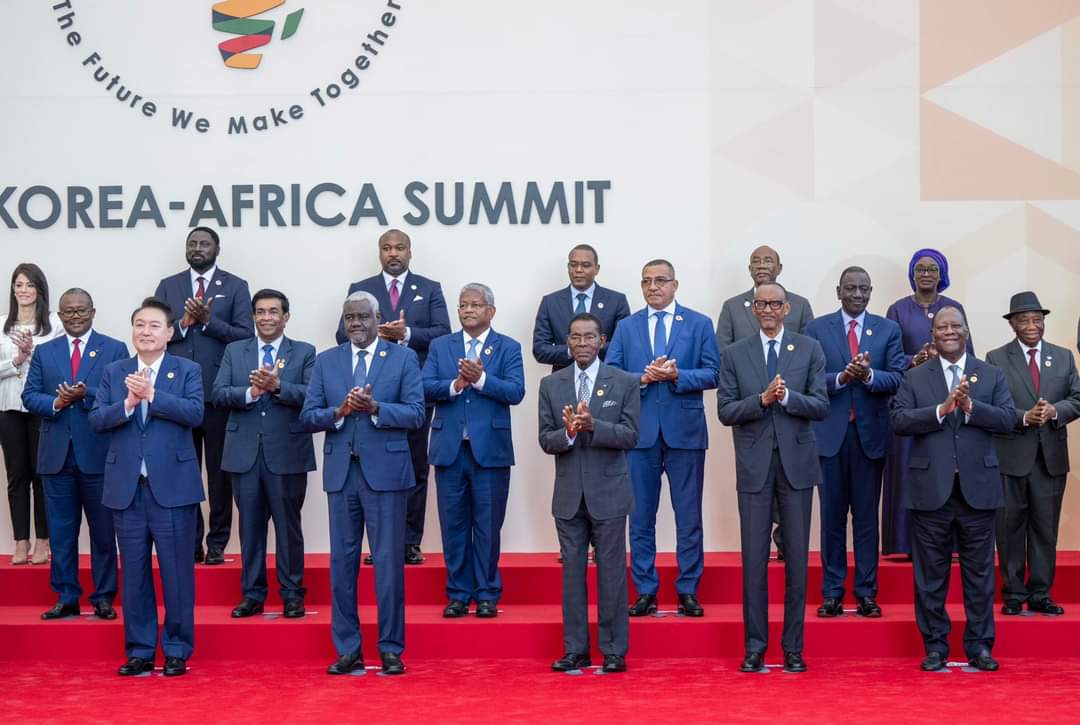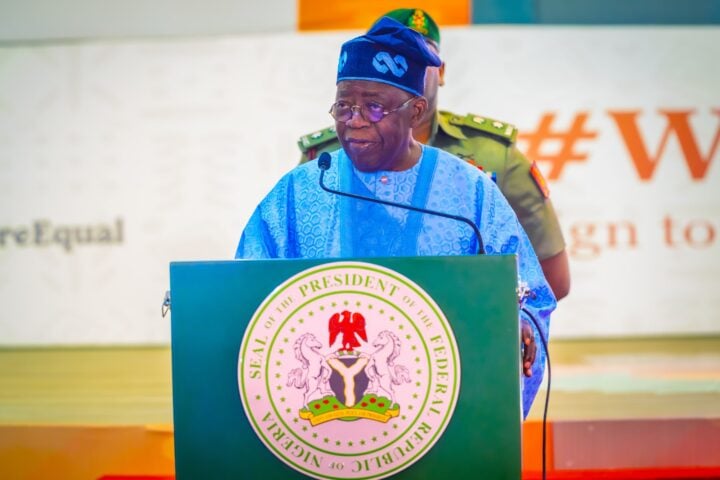The name “Stonewall” might as well have been his middle name, emblematic of a void in their relationship. How can two individuals share a home without exchanging anything besides a formal ‘good morning’ or ‘welcome’? Mr. Stonewall would justify his silent treatment with quotes from the holy book.
To their friends in the community, their relationship appeared perfect. Indeed, Mr. Stonewall was a generous and lovable leader in the community, but at home, he consistently and relentlessly disparaged his wife, calling her a ‘Failure,’ a ‘Drain,’ and a ‘Parasite.’ A meal he considered ‘late’ was an opportunity to release a barrage of insults or administer the ‘silent treatment.’ One evening, Mr. and Mrs. Stonewall (not their real names) returned to their gated apartment. While Madam stepped away to collect some dog food from a neighbour, Mr. Stonewall swiftly locked himself in, ignoring his wife’s loud knocks. It was one of the many ways he tried to control and humiliate her, to let her know who was in charge.
One morning, after the family prayers, he threw the kids’ school fees on the floor before them, intending to demean their mother by making her pick up the cash from the floor. After all, other men do not fulfil any financial obligation, so she should be grateful that he does that bit. Mrs. Stonewall had tried the suggested “submission” remedies, which involved arduous prayers, ensuring his meals were consistently prepared, even if it meant sacrificing her sleep and rising as early as 3 a.m. She never withheld conjugal rights and even went as far as kneeling to greet him in the mornings, a way of showing ultimate respect in many parts of Africa, among other efforts, but the emotional abuse continued. If she said something, Mr. Stonewall dismissed it as her blowing things out of proportion.
Mrs. Stonewall found herself trapped in a situation where she couldn’t share the torrents of psychological and emotional abuse she endured. People around her were quick to ask if he was physically abusive, implying that as long as he refrained from physical violence, everything else should be tolerable, or perhaps. This limited perspective on abuse added to her isolation and suffering.
Advertisement
The prevailing perception was that she must be at fault. The esteemed faith-based leader, Mr. Stonewall, was regarded as flawless, and she was expected to be grateful to be his wife. The societal narratives shielded him from scrutiny, reinforcing the notion that any issues in their relationship were inherently her responsibility or misunderstanding. One article highlights a troubling statement made by a Nigerian minister, advising women to “shut up” during arguments with their husbands. This directive not only perpetuates harmful gender stereotypes but also reflects a deep- seated disregard for women’s autonomy and agency within relationships.
It is unfortunate that in the vast landscape of life, where the pursuit of personal growth and understanding should thrive, a subtle yet corrosive form of violence often takes root – emotional and psychological abuse, leaving scars that extend far beyond individual lives. Picture a kitchen pan, weathered and worn, bearing the burdens of countless meals. This pan, like the victims of repeated emotional abuse, has weathered its storm of misuse and maltreatment. Its once-gleaming surface now bears the marks of neglect, mirroring the worn and fragmented state of those trapped in the cycle of abuse.
Spaces like the kitchen that should reverberate with joy transform into a cacophony of mockery for those grappling with emotional abuse. Osinachi Nwachukwu, a Nigerian gospel artist, springs to mind. Allegedly, she fell victim to domestic violence, paying the ultimate price with her life. Unconfirmed reports state that her husband not only spat on her but subjected her to bullying and restricted her access to her finances. Moreover, he forbade her from meeting with her family, including her identical twin sister and friends. Isolation is a common tactic abusers use. She purportedly endured harassment, belittlement, and humiliation, facing severe psychological and emotional abuse. Despite this, she continued to deliver spiritual music that blessed and uplifted many, all the while concealing the domestic torture she was undergoing. Unfortunately, her husband Peter, like numerous others, is trying to evade punishment due to an alleged ‘lack of evidence,’ but happily, the court has yet to let him off the hook.
Advertisement
Countless Osinachis and Mrs. Stonewalls endure silent suffering in Nigeria and around the world. In a study of countries in the Global South, psychological abuse was the most common form of domestic violence. Some survivors are left grappling with mental disorders, while a few have been so dehumanised that they can scarcely recognise their former selves.
Numerous women around the globe remain with their abusers due to concerns for their children, societal or religious pressures, or financial constraints. Despite smiling and carrying out their daily duties, many women bear inner wounds. Who will hear them? Who will understand their pain? Who would believe them or believe in them? Who will see their silent struggles?
Tall, short, fat, slim, black, white, or red – what does it matter? We’ve had enough. It’s time for a solution. The international community must rally to end the brutality, not just of emotional abuse but all forms of violence against women across cultures, religions, and social statuses—rape, domestic violence, sexual slavery, acid violence, dowry deaths, and the list goes on.
A glimmer of hope recently emerged with the joint statement by four nations calling for a global treaty in the form of a new Optional Protocol to CEDAW to eradicate violence against women and girls. A new optional protocol would mandate interventions proven to lower rates of violence against women and girls, including updating of laws and policies, training and accountability for police officers, judges, and health professionals, violence-prevention campaigns, training, and more. It would also help usher in a sea change of social recognition that emotional and psychological abuse is violence.
Advertisement
Consider existing international treaties for torture and land mines. If we can address those issues globally, there’s no excuse for not having one dedicated to shielding women and girls from violence. A new optional protocol is the lifeline women like Mrs. Stonewall need. It’s also a tool people like me need to push for justice in my community and country. It ensures that when we put ourselves on the line to protect other women, we’re supported by binding global law.
Let’s build awareness that violence against women and girls is not the norm, nor is it inevitable. Stand with us in making the global treaty a reality—for justice, for humanity, for a world where women and girls are free from the shackles of violence. Only through collective efforts to dismantle the structures perpetuating emotional abuse and all forms of violence can we aspire to forge a path toward a world that is inclusive, supportive, and safe for everyone.
Alawode is a doctoral researcher in Communication. She is a Digital Changemaker at World Pulse and a member of Every Woman Treaty, a coalition working to end violence against women and girls through binding global law.
Advertisement
Views expressed by contributors are strictly personal and not of TheCable.
Add a comment







